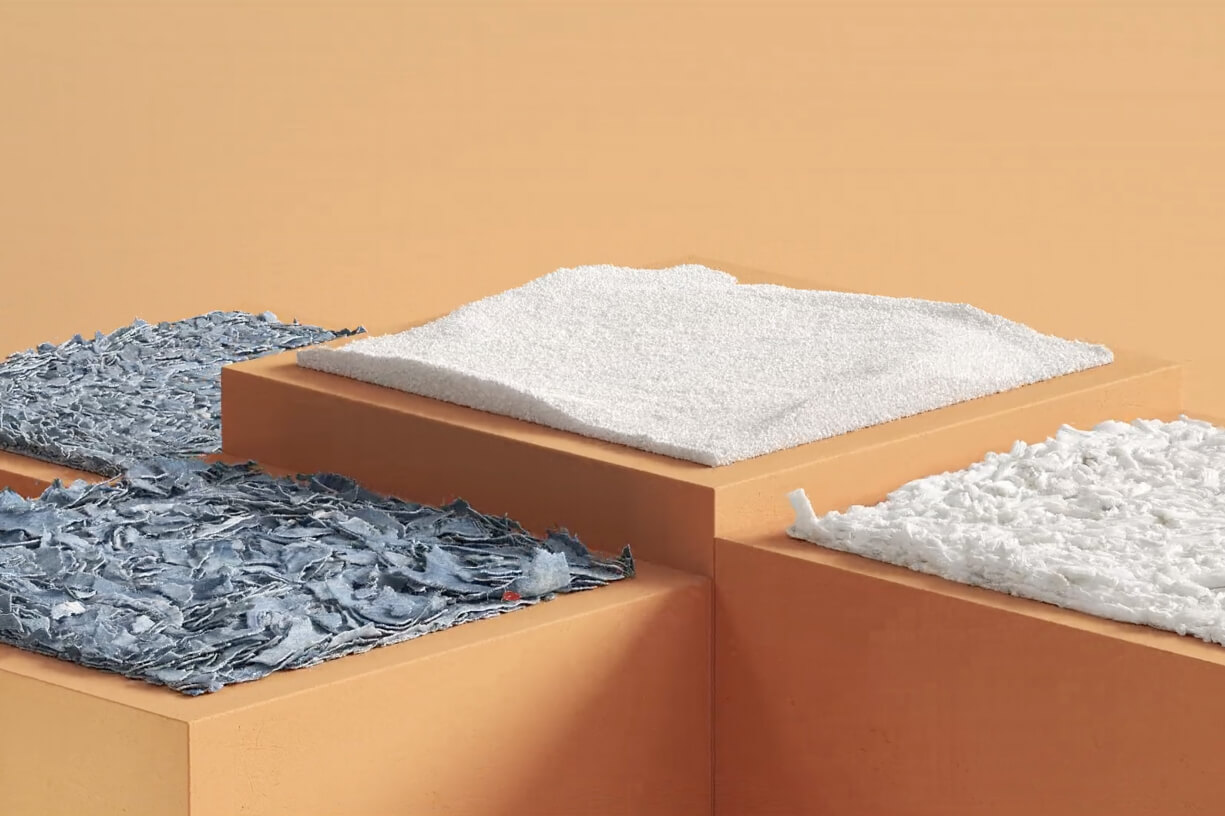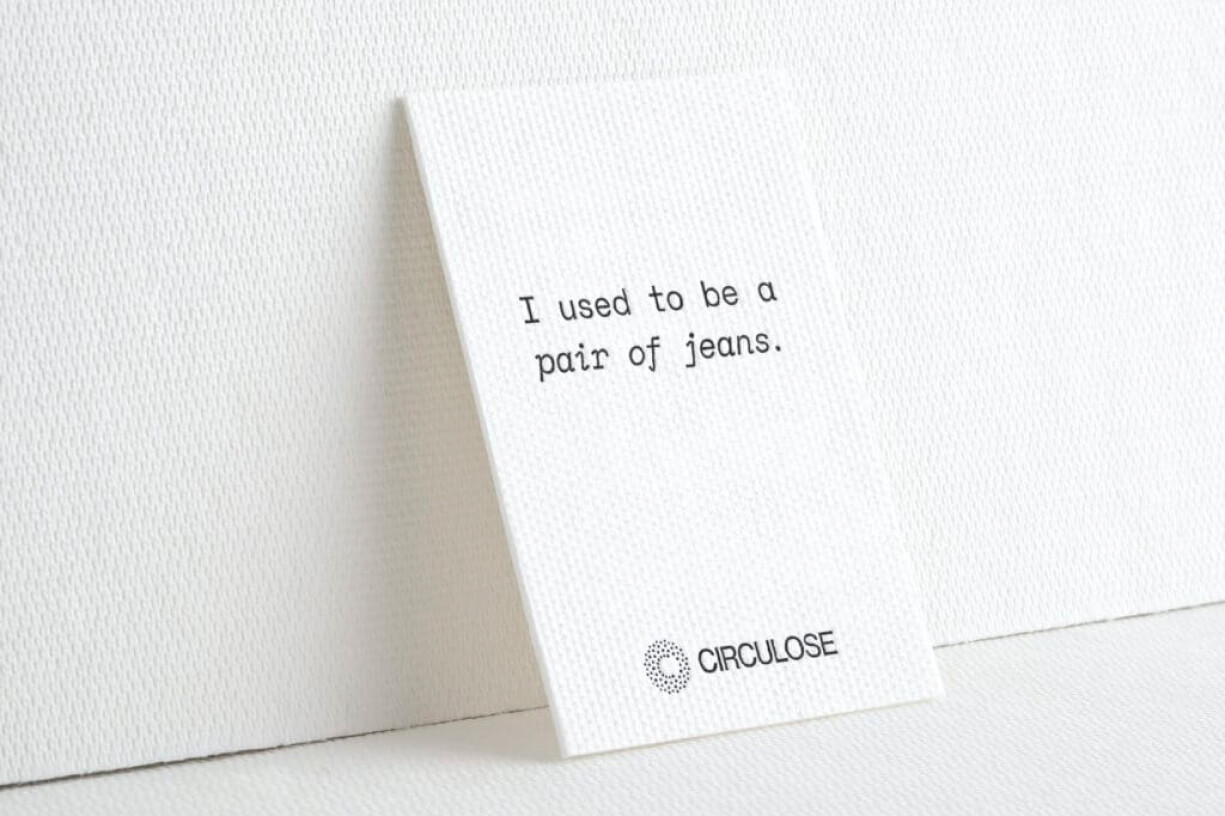News feed
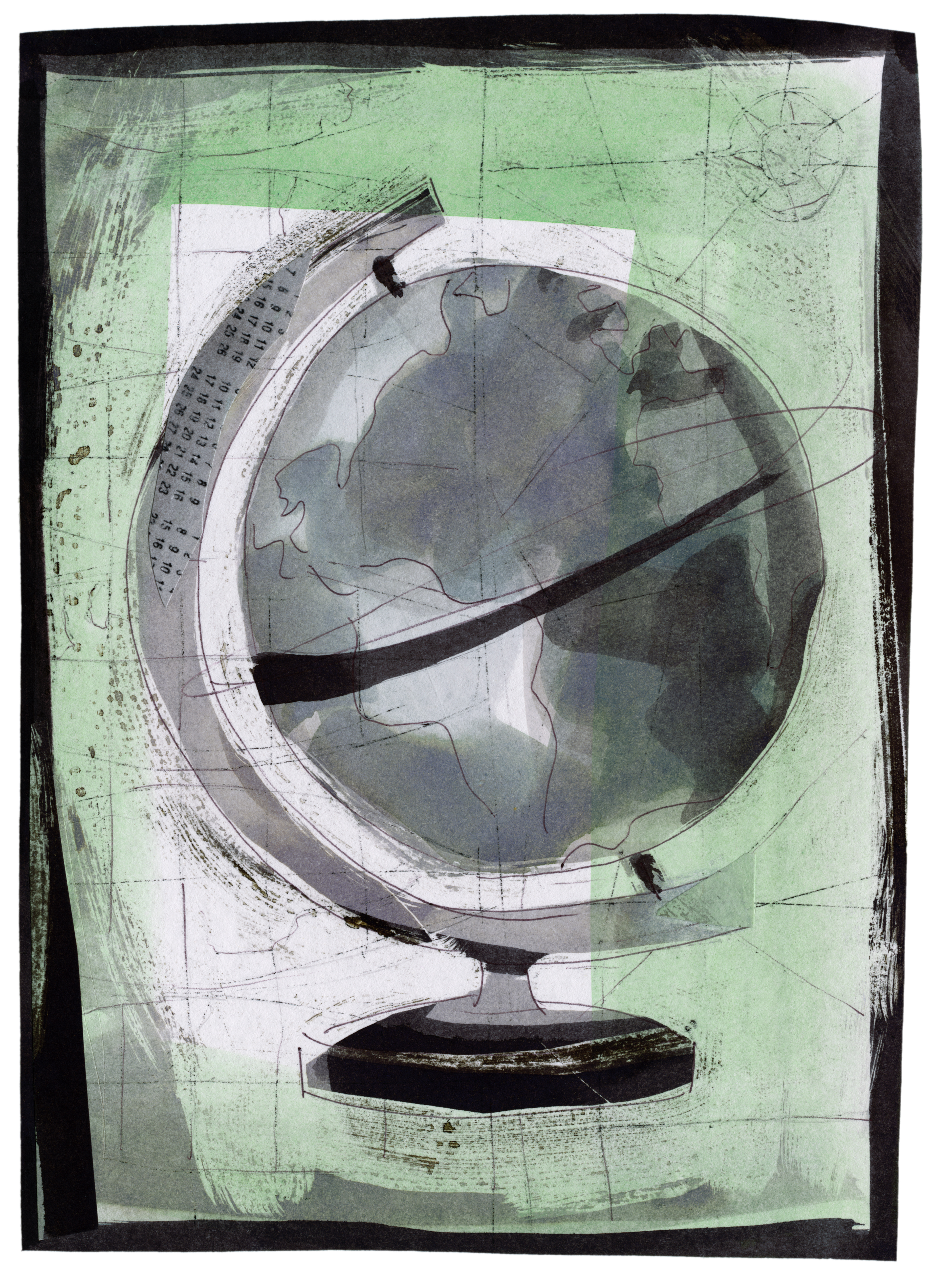
This is a wake-up call. A call to action. A call across the page and into the collective consciousness of you, our readers, to draw your attention to the climate emergency. A call across geographical boundaries, one that spans the vast shades of blue that we call home.
As this issue was going to print, the United Nations Secretary-General, António Guterres, delivered one of the most calamitous declarations in modern history. This portent pronouncement was one of devastation: the globe was no longer ‘warming’, it was ‘boiling’.
The musings of prolific climate activist Greta Thunburg can summarise the situation at hand far greater than I can.
“We are right now in the beginning of a climate and ecological crisis,” she said in May 2020. “And, we need to call it what it is: an emergency. We must acknowledge that we do not have the situation under control. We must admit that we are losing this battle.
“We have to acknowledge that the older generations have failed. All political movements in their present form have failed. But homosapiens have not yet failed. Yes, we are failing, but there is still time to turn everything around. We can still fix this. We still have everything in our own hands.”
The tide can change, but we must adapt accordingly to the reality we’re confronted with. But what exactly is in store for us? Sling the images of scorched earth and environmental apocalypse from your mind. Concentrate, here and now. There’s a battle that rages ahead, but one humanity has a fighting chance of winning.
Over the following pages, a scientist, sustainability expert, environmentalist, climatologist, psychologist and activists – our contemporaries, everyday people like you and I – share, in their experience, what is required from us to ensure our future, and what this assured reality will look like. A blueprint, if you will, for navigating the precarious passage through which we must all sail together. Through high seas and beyond, an impetus for change by its very definition. The earth is calling out for help. Will you answer?
Dr Michael E. Mann
Dr Michael E. Mann is an American climatologist and geophysicist. A seminal paper co-authored by Dr Mann in the ’90s was pivotal in producing a data set quantifying the changing temperature and he was integral to the publication of the Observed Climate Variability and Change report in 2001. His work with the Intergovernmental Panel on Climate Change contributed to the IPCC’s 2007 Nobel Peace Prize win. He is currently a presidential distinguished professor in the Department of Earth and Environmental Science at the University of Pennsylvania. Dr Mann’s latest book ‘Our Fragile Moment: How Lessons from Earth’s Past Can Help Us Survive the Climate Crisis’ hits shelves in October.
“We are more or less stuck with the increase in extreme weather events (floods, droughts, fires, storms) we’re already witnessing. But we can – for the most part – prevent it from getting worse through rapid decarbonisation of our economy. The greatest hurdle we face right now is no longer denial of the climate crisis, but rather, ‘doomism’ and despair – the belief that it’s too late to act. Such defeatist thinking can lead us down a path of disengagement and inaction. It’s not too late to act. The obstacles aren’t physical or technological. They’re entirely political at this point – and history teaches us that political obstacles can be surmounted. There is a constant battle between factors that instil both fragility and resilience in Earth’s climate. The bottom line? If you push the climate system a bit, it responds stably. But if you push it too hard, it can spin out of control. We’re not there yet, and if we act with the urgency the climate crisis demands, we can still preserve a liveable planet for us and future generations.”
Alec Leach
Alec Leach is a former fashion editor at ‘Highsnobiety’ turned author and sustainability commentator. Leach’s debut novel ‘The World Is On Fire But We’re Still Buying Shoes’ examines fashion’s ecological and psychological impacts through the lens of consumerism, hype, greenwashing, mindfulness, Marxism and everything in between. The book, as Leach describes it, is a “manifesto for a slower, more intentional approach to fashion that redefines what shopping is and isn’t”.
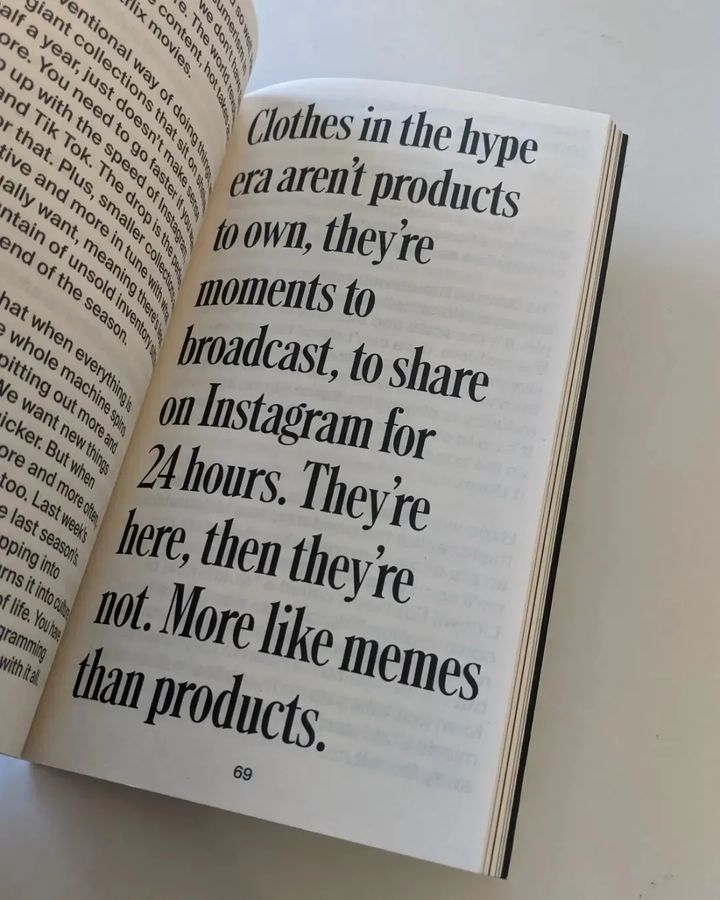
“The most important thing fashion can do right now is lay out a clear, ambitious roadmap for how it’s going to decarbonise its supply chain. That means investing in factories, mills and dye houses so that they run on renewable energy. This is where the biggest impact of the fashion industry is, and it’s also one of the most under-invested. That urgently needs to change if fashion wants to be an even slightly sustainable industry. What Ganni is doing with its ‘insetting’ project, helping its suppliers install wind and solar energy on-site while restoring local ecosystems, is a vital example of how brands can truly be part of the solution. It doesn’t matter how many eco-capsule collections or carbon-offsetting projects we do, if clothes continue to be made in facilities powered by fossil fuels, we’ll never make any real progress.
“As individuals, we need to understand that every new purchase is also an investment, something we need to be responsible for. If we truly love clothes, we need to think our purchases through much more carefully, treating each one with the care it deserves. Treating garments as if they’re disposable isn’t just unsustainable, it’s also a really unfulfilling experience. Buying less is an opportunity to also buy so much better.”
Grace Forrest
Grace Forrest is the founding director and CEO of Walk Free Foundation, an international human rights organisation dedicated to eradicating modern slavery through advocating for systemic legislative reform, undertaking pioneering research and catalysing global efforts. A staunch climate justice advocate, Forrest plays a crucial role in informing international policy and is the United Nations Association of Australia’s youngest-ever Goodwill Ambassador for Anti-Slavery.
“Climate change is making the world a more unequal place, compounding existing structural inequality wherever it exists. From Hawaii to Pakistan and Papua New Guinea, communities are already feeling the devastating effects of a warming planet, threatening their lives and livelihoods in more ways than one. In the last five years, while extreme weather events became more frequent, ten million more people experienced modern slavery – bringing the global total to fifty million people living in modern slavery worldwide.
“Climate change drives the risk of modern slavery in many different ways, but it is people who are already marginalised who face the greatest risks. Women, children, and Indigenous peoples are not only less protected during disasters but because of long-standing economic discrimination, they have fewer financial safety nets to be able to cope when disasters strike. Females are 14 times more likely to lose their lives in disasters than males. Climate migrants are also far more vulnerable to being targeted and tricked by traffickers and forced into work.
“Ignorance and apathy are key challenges to combating both the climate crisis and modern slavery. World leaders are still failing to recognise the relationship between modern slavery and the climate crisis, and this failure means that their attempts to combat climate change (where they exist at all) are reliant on industries where forced labour is already hidden deep within the supply chain. This is why legislation to mandate fair and transparent global supply chains is more critical now than ever.
“The greatest responsibility for change falls on those with the most power, and those who have contributed most to this crisis: governments and businesses. Critically, governments must address the increasing risks of climate change and modern slavery – and its intersections with conflict, displacement, gender, and global overconsumption – together. Businesses must be held to account for their impact on people and the planet.
“There must be a renewed and critical focus on the people most needed in producing the infrastructure for a green economy. This is an opportunity to build new supply chains that are not reliant on age-old systems of exploitation, however, forced labour taints everything from the raw materials needed for batteries in electric cars, to the production of solar panels. Greening the economy to combat the climate crisis must also create fair working conditions.
“We cannot continue to harm people in the name of saving the planet. As we enter an ‘era of global boiling’, we are all aware that not enough is being done by our world and business leaders. We have to vote – with our dollars and at the ballot box – for the kind of world we want to live in.”
“This is reflected at a consumer level too. The culture of extreme discounts, social media hauls, and overconsumption is deeply embedded in the Western world. While in recent years there has been some pushback – with more people changing their consumption habits and choosing ethical alternatives – this change, while incredibly necessary, is long overdue. This growing awareness, however, is quickly being taken advantage of by brands looking to turn having a social conscience, into the next profitable trend.
“Greenwashing is an extremely challenging frontier, with huge fast fashion companies producing endless and allegedly eco-friendly lines – confusing consumers and often providing little to no information about the people (likely women) who make our clothes. If our feminism doesn’t include the women who made our clothes, then it isn’t really feminism.”
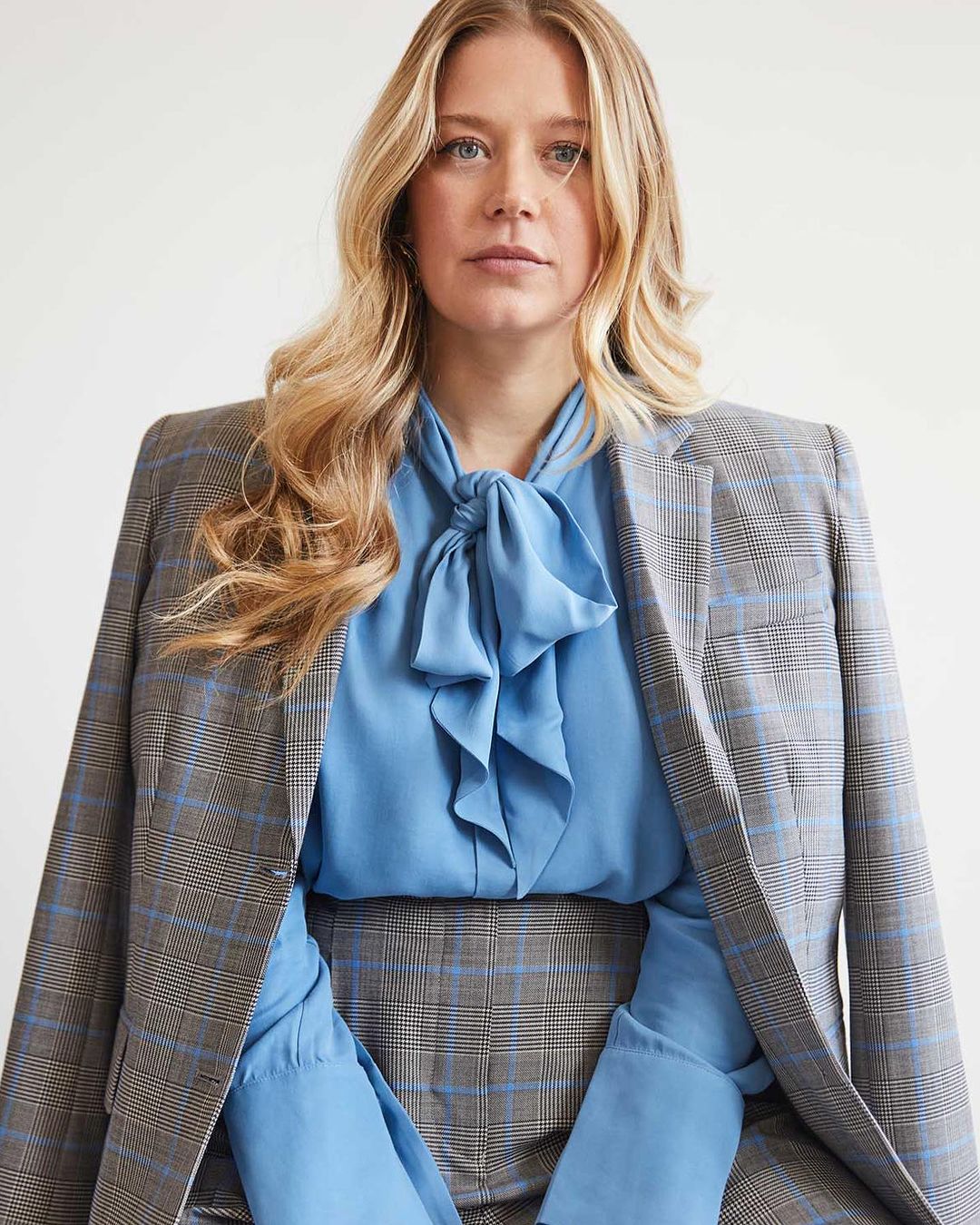
Margaret Klein Salamon
Margaret Klein Salamon, PhD. is a clinical psychologist turned climate activist who refers to herself as ‘The Climate Psychologist’. After leaving her practice in 2014, Salamon founded The Climate Mobilization, launched Climate Awakening – a group dedicated to airing concerns of climate fatigue, grief and rage – and is currently the executive director of the Climate Emergency Fund.
“Solastalgia is a particular kind of climate grief – it reflects a sense of loss and distress from witnessing a familiar place’s ecological deterioration or transformation. The local destruction reminds us that the entire climate and ecological systems are crashing. Our future is being stolen from us, and seeing changes in the natural world reminds us of that. But, we need to experience and respond to the climate emergency with our whole selves, not just our brains.
“Feelings of terror, grief, anger, and despair are healthy and normal reactions to a crisis of this magnitude – we are in a climate emergency, after all. Of course, you feel bad! We need to welcome and explore our painful climate feelings rather than repressing and denying them. We need to talk about our feelings with others so we aren’t alone with them. And more than anything, we need to take action at the scale of the emergency.
“Joanna Macy’s concept of ‘Active Hope’ is critical. We don’t maintain hope that the problem will work itself out – we remain hopeful about our ability to have an impact, to make a positive contribution. We recognise that systems transformation is necessary, so we get busy working on systems change. We realise that even if there is a one percent chance that we can ‘cancel the apocalypse’ we should be totally focused on making that happen. I believe in the power of human greatness. If we treat the climate emergency like an emergency, we can achieve tremendous things.”
Professor Markus Jochum
Markus Jochum is a professor of Physics of Ice, Climate and Earth at the Niels Bohr Institute at the University of Copenhagen. Professor Jochum works with Team Ocean, a group of dedicated researchers, oceanographers, students and professors focused on computer models of ocean circulation to understand the driving forces behind major ocean currents and their variability.
“The ultimate cause of the current climate change is anthropogenic CO2. Much of it is taken up by the ocean, which therefore changes its alkalinity, making life more difficult for plankton. Moreover, the warming caused by the increased greenhouse effect will reduce the solubility of seawater, thereby reducing the uptake of oxygen. This, again, makes marine life more stressful. And then, of course, the subsurface warming of the Antarctic ice shelves leads to sea levels rising, loss of coastal habitats and salinification of near-coastal freshwater reservoirs.
“My work on rapid climate transitions has seen the occasional rapid sea level rise of five to 10 metres in less than 20 years. You can walk away from that, but you’ll have to leave your house behind.”
“I doubt that mitigation of these climate-related impacts is still possible, but adaptation is. And of course, there is always hope. It will be the last to die.”
Angela Menghini
Angela Menghini is the sustainability specialist for leading Australian fashion label Spell, spearheading the brand’s environmental efforts through transparency in supply chain mapping, adherence to the United Nations Global Compact Sustainable Development Goals and the achievement that 91.4 percent of materials used in production are preferred fibres (including linen, organic cotton and hemp). All of which occurred against the backdrop of devastating floods in Spell’s hometown of Byron Bay.
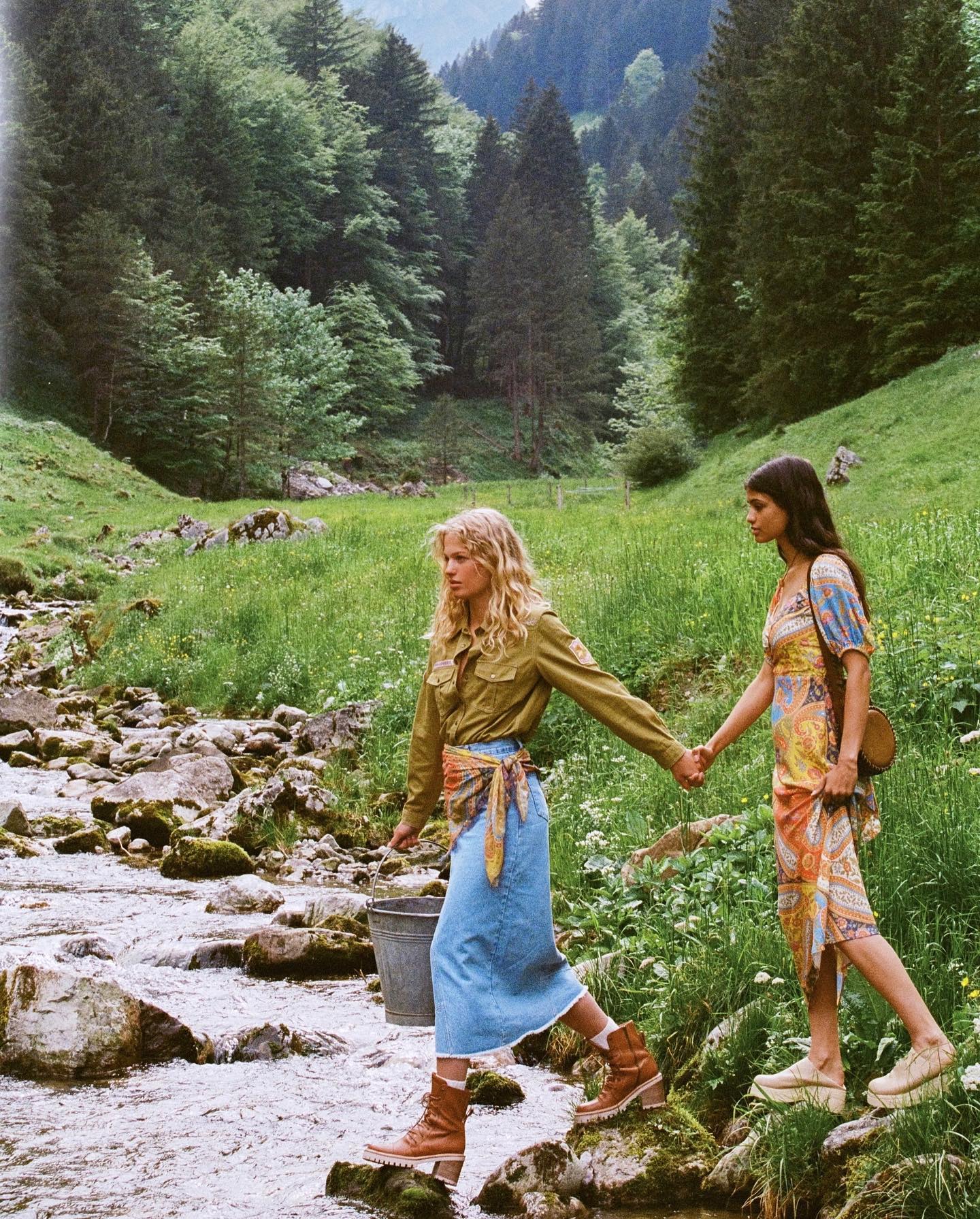
“As a non-essential product in an expanding industry, fashion has an undeniable responsibility to transform the industry norms – we must make better fibre choices, lessen the distances travelled and support less impactful methods to transport goods. We need powerful production strategies that support a drastic change in consumption habits. The change needs to be dramatic and without any further delay. We all have a part to play, however, it will be crucial that all big players are on board.
“There are two large areas in the industry that can make a major change to reduce our impact. That is within our production strategies, which sit hand-in-hand with consumption habits, and the fibres that are used in garments. We need to abandon rapid turnarounds and excess production. And we need to look at waste as a resource within our fibres to reduce the impact on the environment. Hope is an essential ingredient in the strategy to mitigate environmental and climate impacts. Without hope and belief that improvement is possible, the feeling of helplessness and apathy can be encompassing. We can achieve a better future and reduce impacts, however, we must make changes as an industry whole and act without delay. There is a fork in the road ahead of us – we can choose the better way, but we must be proactive in our decision-making to slow and reduce our impact.”
Dr Liz Allen
Dr Liz Allen is one of Australia’s leading demographers and is currently in tenure as a Senior Lecturer at the Australian National University. Dr Allen specialises in demography and population studies, social trends and population health (amongst others) and was named one of the top five academics in the humanities and social sciences by the ABC in 2018.
“Demographic evidence predicts global population growth but at a declining rate over the next five-to-10 years. It’s projected that the world’s population will grow to around 8.5 billion by 2030. Latest population projections estimate the global population to be lower than previously expected owing to declining fertility rates.”
“Many young women cite concerns about having children amidst global boiling. Climate change is robbing many livelihoods and families now.”
“Arresting population growth quantum would require harmful coercive controls. History has shown the importance of avoiding coercive population control. Take China’s one-child policy, where forced abortions and sterilisations have reportedly occurred, alongside sex-selective abortions and female neglect and infanticide. There is now a pronounced deficit of women in China. Increasing women’s education and population-wide access to family planning (including effective contraception) are important parts of empowering women to have control over their lives.
“Richer nations in the world on average have higher environmental footprints. The way the world’s population consumes and depletes non-renewable resources is vital to global population wellbeing. Action is needed now in places like Australia to address climate change. Areas in the north of Australia will become inhabitable, as the world boils – we simply cannot afford to delay climate action any longer. Additionally, populations in regions north of the country are facing climate obliteration now.
“Nations on Australia’s doorstep are going underwater with rising sea levels. In the not-too-distant future Australia (and like nations) will be forced to welcome climate refugees as peoples become displaced by global boiling.”
“Climate action is needed, for the sake of humankind. Innovation will be the saviour of the world’s population. We innovate or die. Innovation requires funding commitments from governments and businesses to create the change needed to end global boiling.”
Tamara Toles O’Laughlin
As an international climate strategist and environmental advocate, Tamara Toles O’Laughlin has decades of experience identifying systemic challenges and shaping policy that addressed disproportionate climate impacts and pushed for a decarbonised future. Toles O’Laughlin is currently president and CEO of the Environmental Grantmakers Association.
“Policy and legislation are practices that were never meant to replace community or even democracy, but ways to maintain it. It works at the level that it serves a people, community or system that it functions in. So, it’s a tool, not a project and it’s up to all of us to use the tools. The best tool for mitigating the effects of climate change is ending the era of fossil fuels before it ends humanity. Fossil fuel non-proliferation and reparations (of the climate type) is the biggest necessary reform. We just can’t keep letting fossil fuel money drive our politics, our daily lives and our habits because that is madness. Everything else is buying time for destruction, degradation and accelerating harm to our home. One way to make that immediate is to put ourselves on a schedule to stop the most harmful things first and sequence everything else until we’ve actually done it.”
Patrik Lundström
Patrik Lundström is the CEO of the award-winning textile-to-textile recycling operation, Renewcell. Their work repurposes end-of-life garments and textile waste into the creation of regenerated materials which helps dissolve the burden placed on the production of raw materials and aids in closing a loop in the supply chain. In their effort to make fashion circular, Renewellcell has pioneered the invention of CIRCULOSE®, a recycled raw material for textile fibres.
“Mankind cannot just excavate more and more resources from the earth’s crust, we need to use what has already been produced. The fashion industry relies on drilling oil to make synthetics, fertilisers and pesticides to grow cotton and cutting down trees to make viscose. These fibres then predominantly run the value chain one time before being disposed of in a landfill or incinerated.
“We need a linear model like we need a hole in the head.”
“Currently, we are destined for over three degrees of warming, which will mean a very different world. But the good news is that technologies to become circular and truly sustainable are available. Sustainability is the 21st Century’s best business opportunity and potentially the best business opportunity ever; comparable to the combustion engine and the IT boom of the last 30 years. The technical solutions are available, the investment community is ready to support, legislators are making clear policies for a path to CO2 zero and NGOs keep pushing for more.
“At Renewcell we are ready to invest even more to make a real impact, but that is dependent on fashion brands making commitments via off-take agreements. The good news is that the change for a sustainable future will happen. The question is whether it will be fast enough.”
THIS FEATURE IS PUBLISHED IN THE 15TH EDITION OF GRAZIA INTERNATIONAL. ORDER YOUR COPY HERE.





